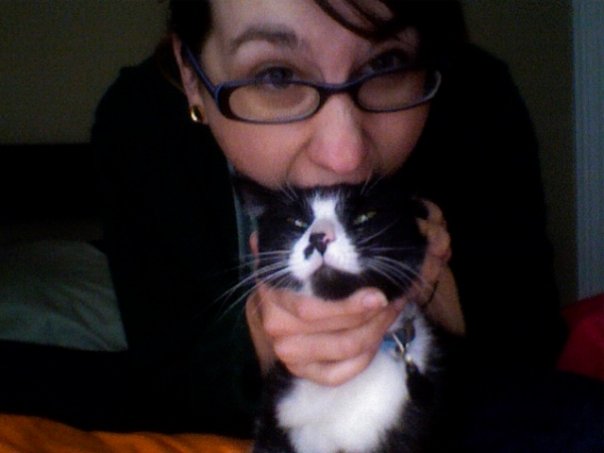The relationship between the narrator and his father was especially interesting. His father brought him along on many of the important events he had to attend to, including bringing Harbi from the train station to the monastery and meetings with the outlaws. These things may seem like dangerous or complicated events to bring a child along, but his father trusts him and feels its important to include him in the happenings of their family and the village. I never got the feeling that the father distrusted his son, or that he was irrationally angry with him. They appeared to have a complex, deeply connected relationship, and I appreciated that in the story.
Others complained that the other characters in the novel, particularly the mother and her daughters, seemed stereotypical or one-dimensional. While at times I would have to agree and say that I also found it frustrating, I think that it may have been a choice by the author to write about them this way, not because they are women, but because they are just a step above the other villagers in their importance to the story. While it is important to see the reaction of the mother towards Safiyya and her family, as well as the daughters reactions, I believe the central theme centers more around the father-son relationship and what he learns from his father.
Finally, I would like to address the Epilogue. From a purely inquisitive standpoint, it was nice to know what happened to Safiyya, Bishai, his sisters, and the rest of his family, I thought most of this chapter was unnecessary. It might be satisfying to know what happened to all the characters, but I feel like the novel was over with the death of Harbi. The reader could have probably figured out on their own what was going to happen to Safiyya, and the other characters lives, while interesting, really aren't that important to the overall story. Whenever I read an epilogue like this one, I can't help but thin about the end of bad teen/college movies where we get a cute little summary of each character's life under a freeze-frame shot of them laughing and having a good time. Like I said, it is interesting to know, but kind of feels like the easy way out.

I really like the way you introduce the novel and I think those comments would work well in our book! Yea, the Epilogue was a little cheezy...
ReplyDelete